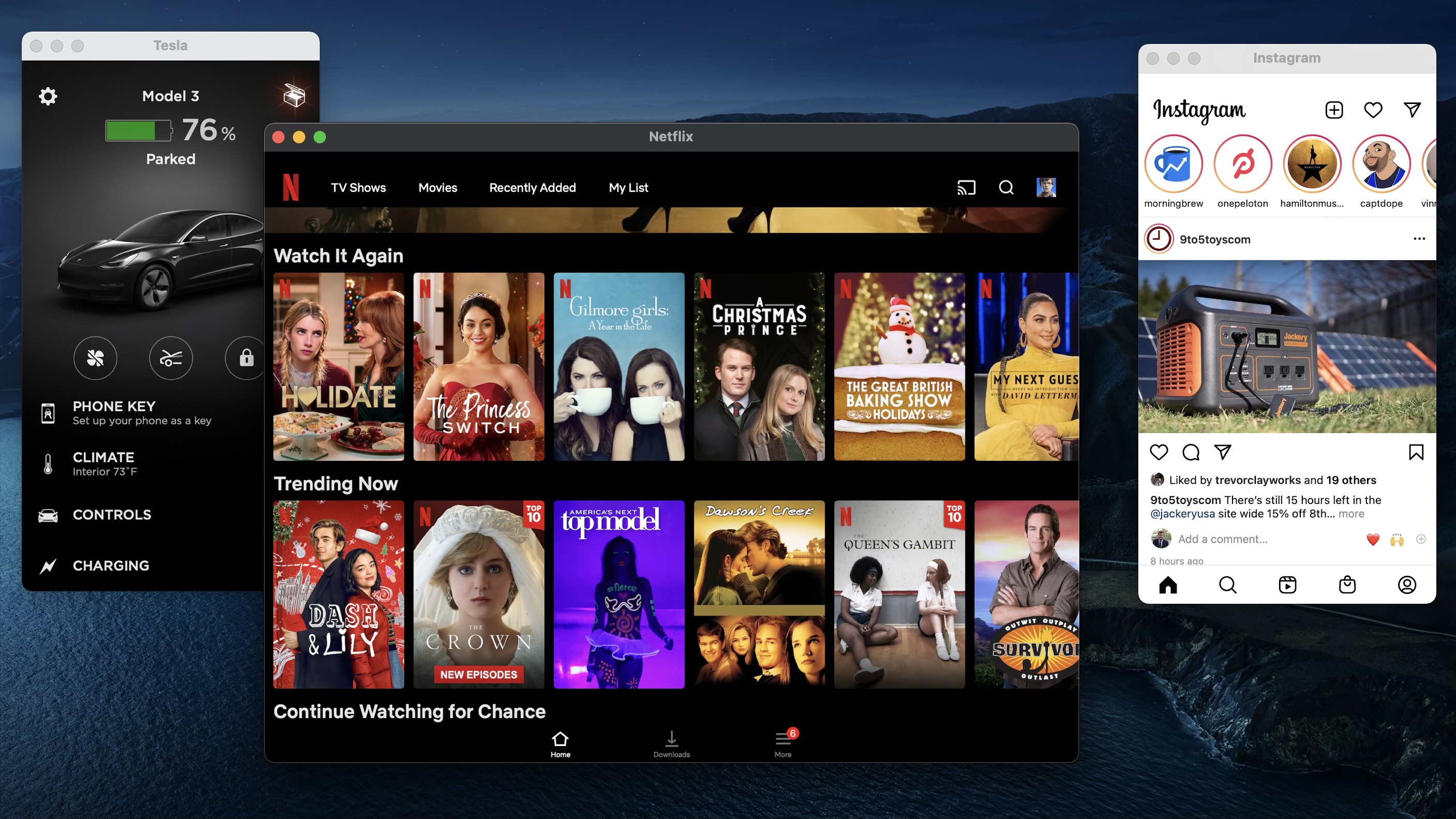-->
- Nox Player For Mac M1
- Run Android Emulator On Mac M1 Software
- Android Studio Apple M1 Emulator
- Android Emulator For M1
This guide explains how to prepare the Android Emulator for testing your app.

Overview

The Android Emulator can be run in a variety of configurationsto simulate different devices. Each configuration is called a virtualdevice. When you deploy and test your app on the emulator, you selecta pre-configured or custom virtual device that simulates a physicalAndroid device such as a Nexus or Pixel phone.
The sections listed below describe how to accelerate the Androidemulator for maximum performance, how to use the Android Device Managerto create and customize virtual devices, and how to customize theprofile properties of a virtual device. In addition, a troubleshootingsection explains common emulator problems and workarounds.
Sections

Hardware Acceleration for Emulator Performance
Theoretically you should be able to do so by using android emulator like Bluestacks or nox etc. However, it’s not fool proof method as it might not work. For example steam itself and many steam macOS games work on M1 Macs but not CS:GO, which is otherwise compatible with Intel Macs. Jul 12, 2021 If you want to install Windows 10 on an M1 Mac, you’ll need to use Parallels. You can even run Android through Bluestacks inside of Windows 10 on a Mac. Chrome OS and Android running. Just tried to run Android Studio (4.1.1) on Macbook Pro M1, it works, but: No emulators at this point. Can build and publish on Android Phone (Nexus 4a in my case) IntelliJ has some lags in performance on M1 (because it is not native, and Intel built), but feels pretty usable.
How to prepare your computer for maximum Android Emulator performanceby using either Hyper-V or HAXM virtualization technology. Because theAndroid Emulator can be prohibitively slow without hardwareacceleration, we recommend that you enable hardware acceleration onyour computer before you use the emulator.

Nox Player For Mac M1
Managing Virtual Devices with the Android Device Manager
How to use the Android Device Manager to create and customize virtualdevices.
Editing Android Virtual Device Properties
How to use the Android Device Manager to edit the profile properties of avirtual device.
Android Emulator Troubleshooting
In this article, the most common warning messages and issues that occurwhile running the Android Emulator are described, along withworkarounds and tips.
Note
If you are using a Mac with an Apple chip, such as the M1, you will need to install the Android Emulator for M1 preview from GitHub.
After you have configured the Android Emulator, seeDebugging on the Android Emulatorfor information about how to launch the emulator and use it for testingand debugging your app.
Run Android Emulator On Mac M1 Software

Android Studio Apple M1 Emulator
Note
Android Emulator For M1
As of Android SDK Tools version 26.0.1 and later, Google has removed support for existing AVD/SDK managers in favor of their new CLI (Command Line Interface) tools. Because of this deprecation change, Xamarin SDK/Device Managers are now used instead of Google SDK/Device Managers for Android Tools 26.0.1 and later. For more information about the Xamarin SDK Manager, see Setting up the Android SDK for Xamarin.Android.